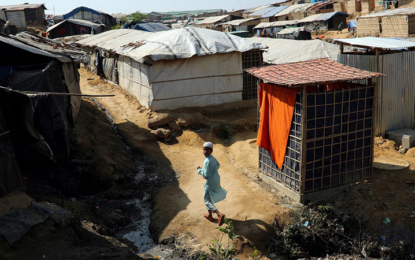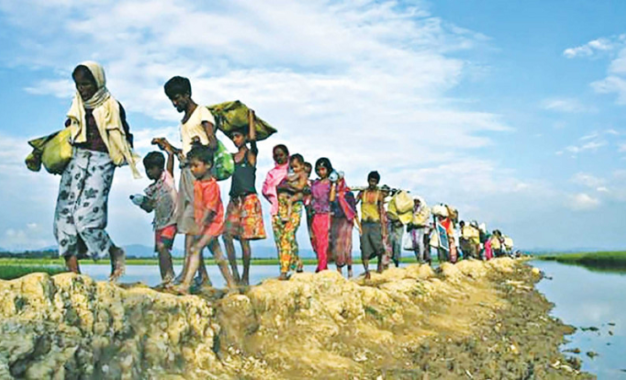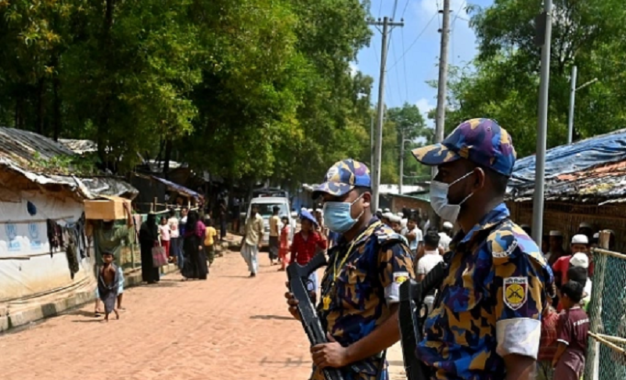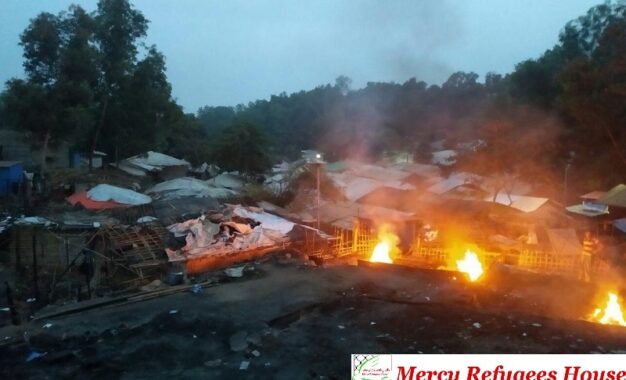Latest News
More refugees flee to Uganda than across Mediterranean
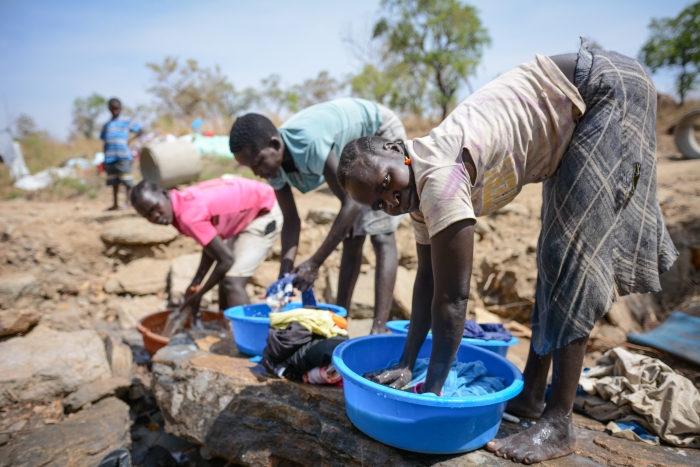
Uganda welcomed more refugees last year than the total number of refugees and migrants crossing the Mediterranean into Europe. “Europe should learn from the way Uganda and other African countries are keeping their borders open as the Refugee Convention prescribes, instead of specializing in barbed wire and walls,” said Secretary General of the Norwegian Refugee Council (NRC), Jan Egeland.
Some 489,000 South Sudanese refugees fled to Uganda in 2016, according to figures from the UN Refugee Agency, UNHCR. Renewed violence in South Sudan in July shattered a fragile ceasefire and forced hundred thousands of people to flee. In addition, a large number of refugees continued to arrive Uganda from DR Congo and Burundi. In comparison, 362,000 people crossed the Mediterranean into Europe in the same period.
“Contrary to common belief, most refugees are not fleeing to Europe. The reality is that more refugees sought safety in Uganda per day at the end of 2016, than many wealthy European countries received the entire year,” said Egeland.
The refugee settlement Bidibidi in northern Uganda, set up less than six months ago, is already one of the world’s largest refugee camps. It currently houses over 270,000 South Sudanese, about equal to the whole population of Newcastle in the United Kingdom.
The refugees praise the way the country has welcomed them: “It is good to be in Uganda. They allocated us a piece of land, we have free access to medical services and we feel safe. People were killed in South Sudan. It made me afraid. Here we no longer need to listen to the sound of the guns,” said Mary Kiden (17), who fled South Sudan last year.
However, aid agencies urgently need to scale up humanitarian assistance. Public infrastructure must be improved, more schools built and families provided with basic support, until they are able to make a living for themselves. Last year’s refugee aid response plan for Uganda was only 36 per cent funded. This left families without clean drinking water and children without education.
Amazon Sponsorship
Recent Posts
Jul 29, 2023
It has been close to six years since hundreds of thousands of Rohingya faced a deadly genocide by Myanmar’s military and fled the country in search of protection and refuge in neighbouring Bangladesh. The Rohingya population has been undergoing persecution, discrimination, arbitrary arrests, and atrocities in Myanmar for over seven decades. Their condition is alarmingly […]


